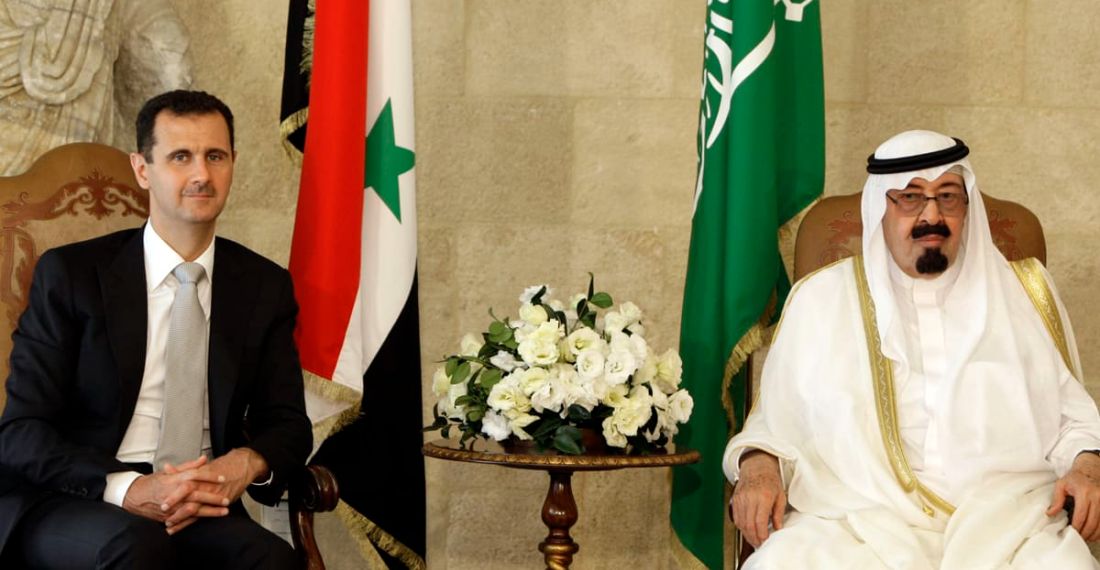Saudi Arabia and Syria are in talks to resume consular services between the two countries, the Saudi outlet Al-Ekhbariya TV said on Thursday (23 March).
Citing a Saudi Foreign Ministry official, the TV channel said, "within the framework of the Kingdom’s keenness to facilitate the provision of necessary consular services between the two nations, discussions are underway with officials in Syria to resume consular services."
The statement from the Saudi Foreign Ministry followed reports in international media earlier on Thursday.
The Syrian government was shunned by many western and Arab states after Syria's civil war began in 2011. The Arab League suspended Syria's membership of the organisation, and many Arab countries pulled their envoys out of Damascus.
Writing for The National, Ismaeel Naar and Holly Johnston say that Riyadh and Saudi Arabia re-establishing ties would be one of the most significant developments by Arab states to normalise ties with Syria.
Last month on 19 February, the Saudi Foreign Minister Prince Faisal bin Farhan said consensus among Arab countries was growing that Syrian isolation was "not workable". He added that dialogue with Damascus was needed "at some point" at least with regards to the "humanitarian angle."
Syria, alongside Turkey, was the victim of a devastating earthquake on 6 February that has killed tens of thousands of people, and, in Syria, worsened an already dire humanitarian situation.
On 8 March, Prince Faisal also said that engagement with Syria might eventually lead to its return to the Arab League, but cautioned that it was still "too early to discuss".
The announcement comes after regional rivals Saudi Arabia and Iran agreed to normalise relations in a historic deal struck in Beijing on 10 March, about which you can read more here.
source: commonspace.eu with agencies
photo: Reuters






